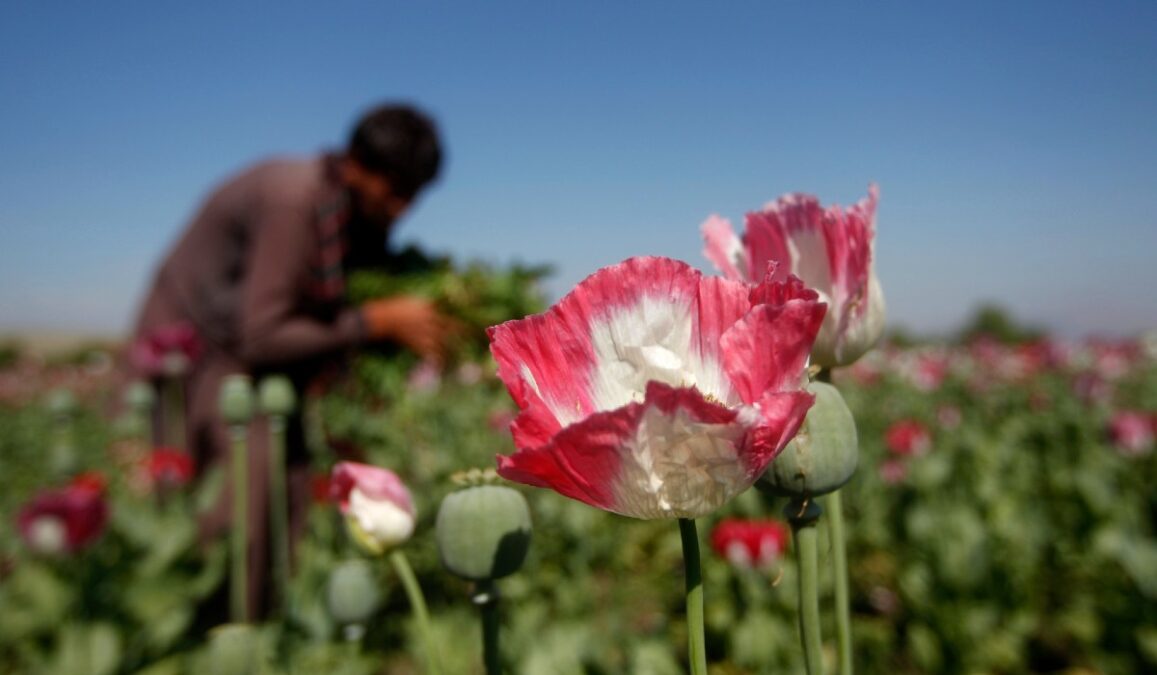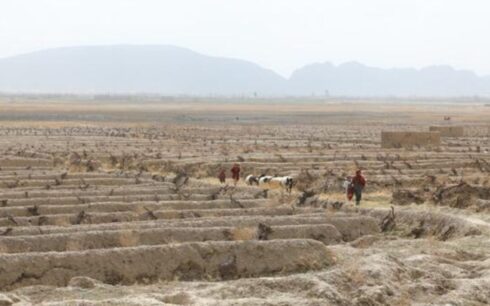WASHINGTON — The Taliban’s enforcement of an opium ban in Afghanistan, which has led farmers to replace poppy cultivation with lower-value crops like wheat, is likely to exacerbate rural poverty and fuel political tensions, according to a report from the U.S. Institute for Peace (USIP).
“If the ban remains in place, it would demonstrate the regime’s strength but also worsen rural poverty, increase dissatisfaction among landholders, and spur political instability,” the report stated.
The report warned that the economic shock of the ban would likely result in heightened humanitarian needs and increased migration to neighboring countries and beyond, posing significant challenges for the United States and other Western nations.
Conversely, the USIP noted, a weakening of the ban in response to internal resistance could result in a resurgence of poppy cultivation, undermining the Taliban’s authority. “Aid alone will not offset the economic shock of the ban, nor stimulate the long-term growth needed to effectively combat the opium problem,” the report argued, emphasizing that rural development and sustained economic growth are essential to reducing Afghanistan’s dependency on illegal drug production.
Data from geospatial technology firm Alcis indicates that opium poppy cultivation in Afghanistan plummeted in 2024, contradicting earlier estimates by the United Nations Office on Drugs and Crime (UNODC), which suggested an increase, the institute said. It added that This decline, attributed to the Taliban’s intensified enforcement, marks the second year of the ban’s implementation.
The UNODC reported last month that Afghanistan’s opium cultivation fell by 95 percent in 2023, with cultivation area dropping from 233,000 hectares in 2022 to just 10,800 hectares in 2023. The corresponding supply of opium plummeted from 6,200 tons to a mere 333 tons.
UN officials highlighted the profound consequences of this contraction, urging greater international assistance for Afghan rural communities and the development of alternative livelihoods to help the nation transition away from dependence on opiates.
Despite the Taliban’s crackdown, key figures within the regime remain linked to drug trafficking networks, according to a recent United Nations monitoring report. Andrés Efren Montalvo Sosa, Ecuador’s Deputy Permanent Representative to the U.N., told a Security Council meeting that while Afghan farmers are struggling to adapt to alternative crops, certain Taliban leaders maintain ties to drug cartels.
The USIP cautioned against providing the Taliban with “false hope” that large-scale international aid would be forthcoming in response to the ban. Instead, the report stressed the need for long-term investment in Afghanistan’s rural development and economic diversification to address the country’s opium dependency and ensure a more sustainable future.





